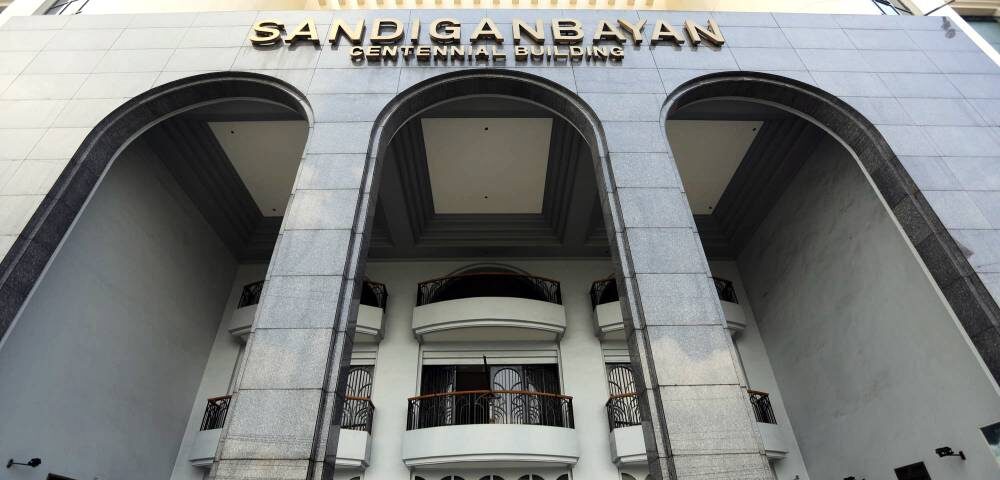MANILA, Philippines — The Sandiganbayan court has convicted two former executives of the Technology Resource Center (TRC), which has been dissolved, for their involvement in graft and malversation of public funds. The charges stemmed from the illegal transfer of approximately P20 million in public funds to three nongovernmental organizations (NGOs) back in 2007.
Dennis Cunanan, the former deputy director general of the TRC, received a guilty verdict along with another former executive, who also played a significant role in the case. The court proceedings revealed that the funds, commonly referred to as pork barrel, were misappropriated. The funds were intended for development projects but were instead diverted to NGOs that may not have had proper documentation or accountability for the funds received.
The case drew attention due to the significant amount of money involved and the implications of corruption within government agencies. The TRC had been responsible for facilitating the implementation of various government programs, particularly those funded through congressional allocations. The misuse of funds undermined public trust in such institutions.
During the trial, evidence was presented showing how the transfers were executed without following legal protocols. The defendants faced accusations of conspiracy and negligence in their duties. The court emphasized the importance of safeguarding public resources and the need for accountability among public officials.
Cunanan, with his position of authority at the TRC, was expected to ensure the proper handling of funds allocated for public use. His actions, as determined by the court, fell short of these expectations, leading to serious consequences for both him and the institution he represented. The TRC, after its closure, became emblematic of the broader issues surrounding corruption and mismanagement in government.
The verdict serves as a reminder of the legal repercussions of misusing public funds. This case highlights the ongoing fight against corruption within the public sector in the Philippines, as the judiciary continues to hold individuals accountable for their actions. The convictions are part of a broader effort to restore trust in government institutions through legal action against corruption.

